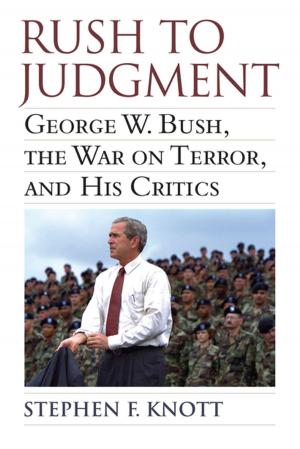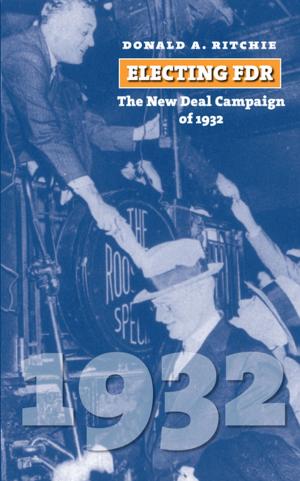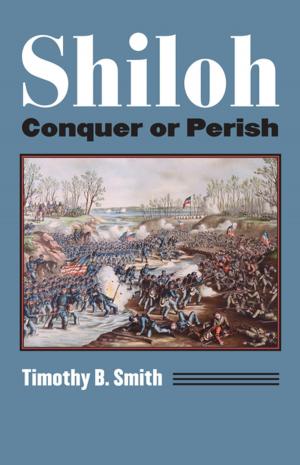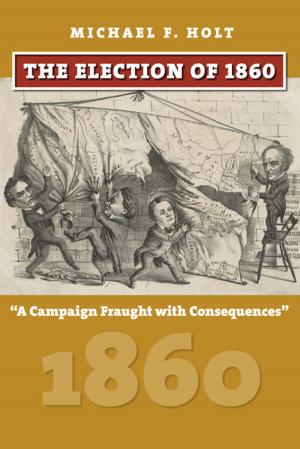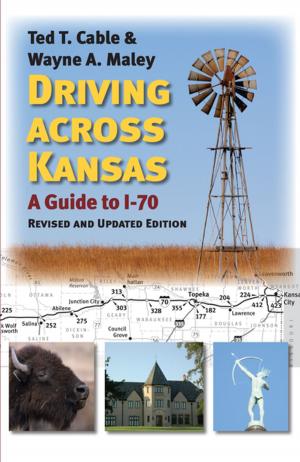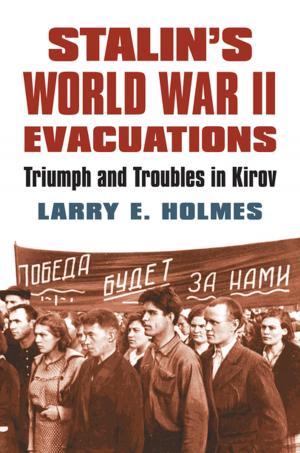A Yankee Ace in the RAF
The World War I Letters of Captain Bogart Rogers
Nonfiction, History, Military, World War I| Author: | ISBN: | 9780700621804 | |
| Publisher: | University Press of Kansas | Publication: | October 11, 2015 |
| Imprint: | University Press of Kansas | Language: | English |
| Author: | |
| ISBN: | 9780700621804 |
| Publisher: | University Press of Kansas |
| Publication: | October 11, 2015 |
| Imprint: | University Press of Kansas |
| Language: | English |
The engines are started, twenty shiny propellers glistening in the sun, forty exhausts rumbling and belching blue smoke. . . . Everything ready, the pilot waves his hand, the blocks are pulled and the flights taxi out one at a time. Away goes the commander, motor roaring, streamers flying, and the rest follow in their proper formation order. A couple of turns around the aerodrome and they're away to the line-up, up, and they soon disappear in the haze.
Just beyond that beckoning "haze," Captain Bogart Rogers and his fellow pilots flew into enemy territory to fight the world's first air war. Suffused with the romance of flight and the harsh realities of aerial combat, Rogers's letters to his fiancee, Isabelle Young, vividly detail his wartime experiences against a lethal and elusive opponent exemplified by the likes of Baron von Richthofen's Flying Circus.
The son of controversial Los Angeles attorney Earl Rogers ("the greatest jury lawyer of his time," claimed Clarence Darrow) and brother to pioneering Hearst journalist Adela Rogers St. Johns, Bogart made his mark in the Great War. Of the three hundred-plus Americans who joined the British air corps in 1917, only Rogers and two dozen other volunteers became "aces" by shooting down five or more German planes. He himself claimed six "kills" in fighting during the Second Battle of the Marne, the Somme Offensive, Cambrai, Ypres-Lys, and six other major engagements.
Rogers also had a definite flair for writing, one that launched his postwar career as a journalist and screenwriter in Hollywood. The letters in this volume are a striking testament to that skill. Lucid, reflective, highly articulate, and touched with flashes of humor, they illuminate the challenges of aviation training, daily life at the aerodromes, the liberating wonders of flight, and the sobering truths of a devastating war. They also reflect Rogers's constant longing for his future bride "Izzy" (who celebrates her 99th birthday in 1996).
The engines are started, twenty shiny propellers glistening in the sun, forty exhausts rumbling and belching blue smoke. . . . Everything ready, the pilot waves his hand, the blocks are pulled and the flights taxi out one at a time. Away goes the commander, motor roaring, streamers flying, and the rest follow in their proper formation order. A couple of turns around the aerodrome and they're away to the line-up, up, and they soon disappear in the haze.
Just beyond that beckoning "haze," Captain Bogart Rogers and his fellow pilots flew into enemy territory to fight the world's first air war. Suffused with the romance of flight and the harsh realities of aerial combat, Rogers's letters to his fiancee, Isabelle Young, vividly detail his wartime experiences against a lethal and elusive opponent exemplified by the likes of Baron von Richthofen's Flying Circus.
The son of controversial Los Angeles attorney Earl Rogers ("the greatest jury lawyer of his time," claimed Clarence Darrow) and brother to pioneering Hearst journalist Adela Rogers St. Johns, Bogart made his mark in the Great War. Of the three hundred-plus Americans who joined the British air corps in 1917, only Rogers and two dozen other volunteers became "aces" by shooting down five or more German planes. He himself claimed six "kills" in fighting during the Second Battle of the Marne, the Somme Offensive, Cambrai, Ypres-Lys, and six other major engagements.
Rogers also had a definite flair for writing, one that launched his postwar career as a journalist and screenwriter in Hollywood. The letters in this volume are a striking testament to that skill. Lucid, reflective, highly articulate, and touched with flashes of humor, they illuminate the challenges of aviation training, daily life at the aerodromes, the liberating wonders of flight, and the sobering truths of a devastating war. They also reflect Rogers's constant longing for his future bride "Izzy" (who celebrates her 99th birthday in 1996).

